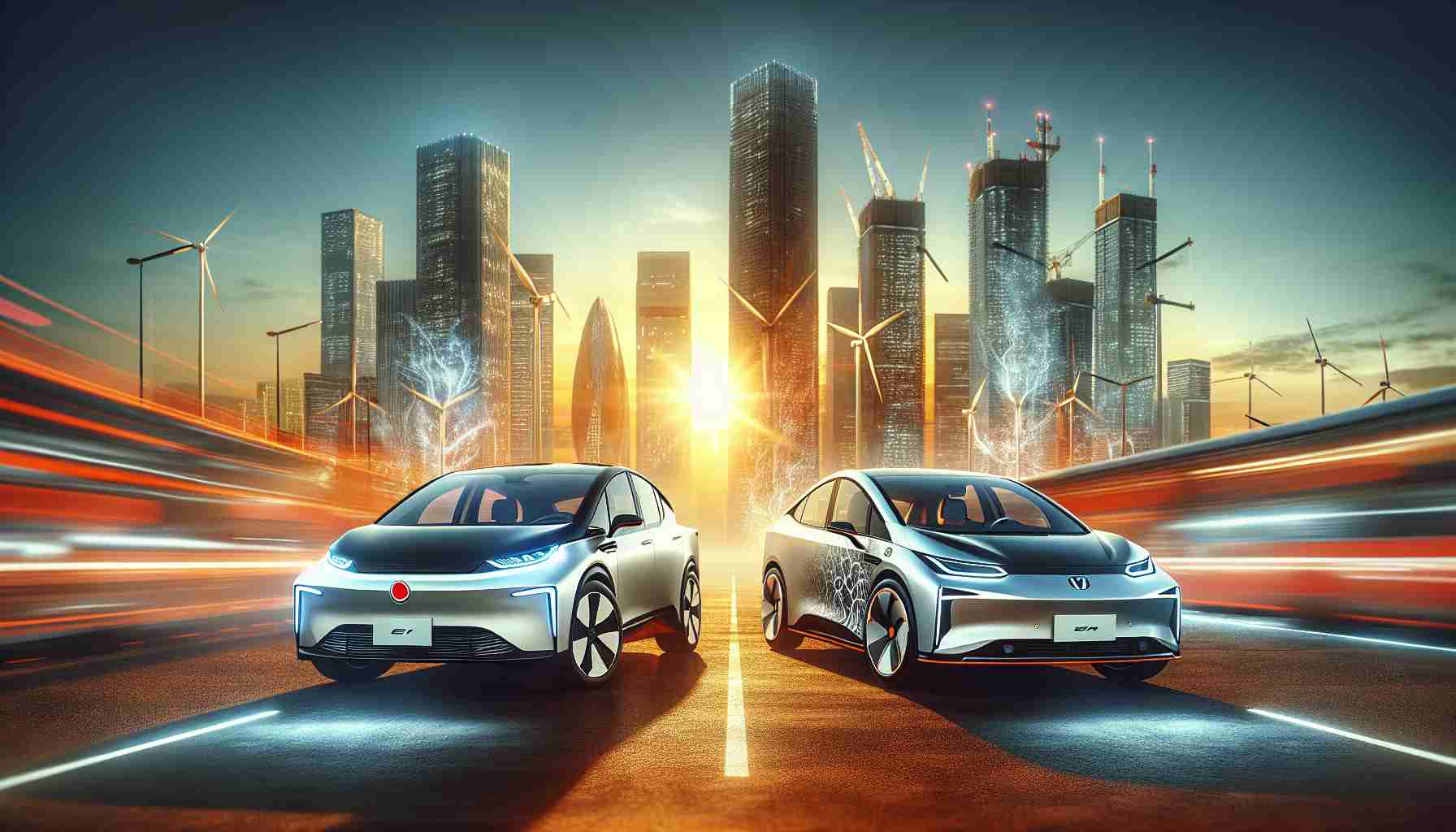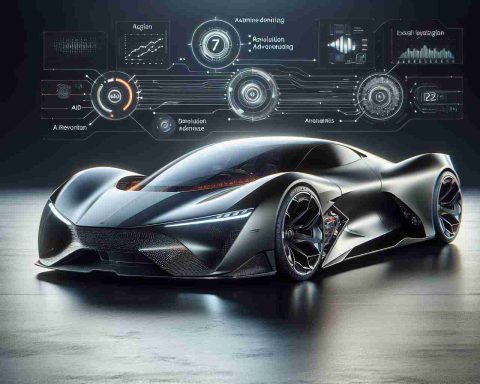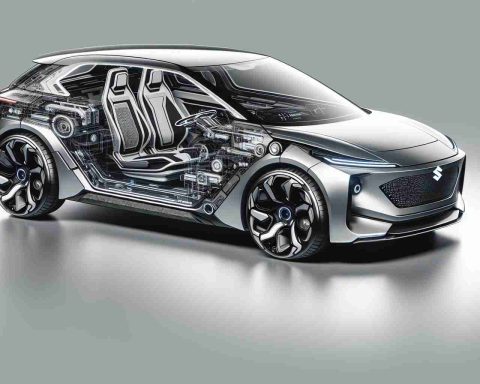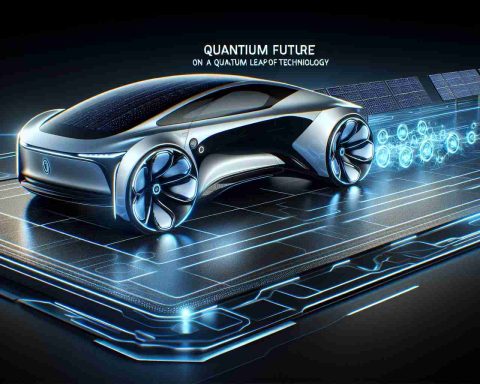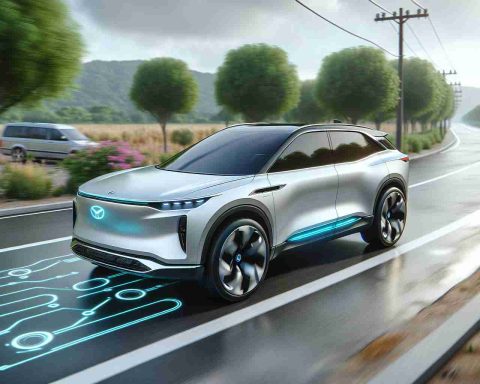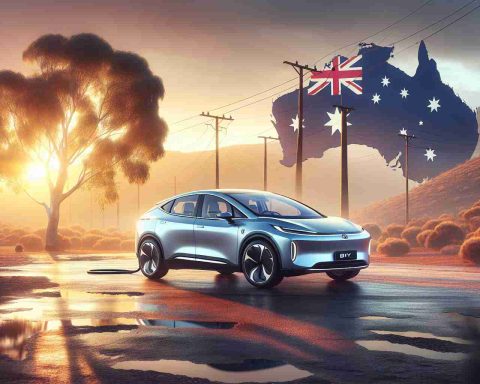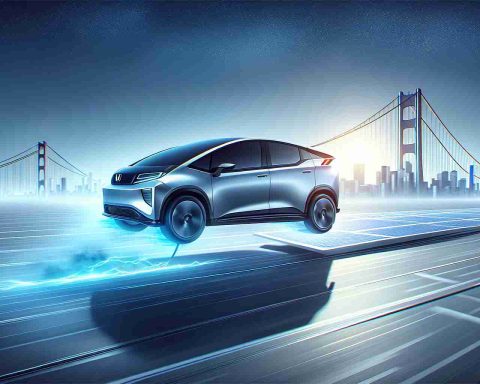- Toyota remains the top-selling automaker in 2024 with 10.82 million vehicles sold.
- BYD’s sales increased by 41.3%, reaching 4.27 million vehicles, signifying a shift towards electric vehicles.
- Hybrid vehicle sales rose by 21.1% and electric vehicles by 34.5%.
- Toyota experiences challenges in China but sees sales growth in North America and Europe.
- The automotive industry is rapidly transforming, driven by the demand for eco-friendly and technologically advanced vehicles.
- Embracing innovation and sustainability is crucial for automakers to thrive in the evolving market.
Amid the roaring engines of global competition, Toyota has maintained its crown as the world’s top-selling automaker, clocking a remarkable 10.82 million vehicles in 2024. Yet, the winds of change are palpable. As Toyota savors its fifth consecutive year at the top, a new contender, BYD, is rewriting the rules of the game with an explosive 41.3% increase in sales, reaching 4.27 million vehicles. This surge illustrates a seismic shift toward electrifying innovation, leaving traditional titans like Honda trailing behind.
In a landscape where hybrid sales rose by 21.1% and EVs by 34.5%, Toyota stands tall but not unchallenged. The company faces fierce price wars in China, highlighting weaknesses in its armor. Meanwhile, BYD’s meteoric rise showcases its prowess in delivering affordable, groundbreaking electric vehicles, capturing market attention and hearts.
Toyota’s strategic gains in North America and Europe suggest resilience, with sales climbing 4.3% and 3.6%, respectively. However, adaptability is critical in this fast-evolving saga. As the allure of eco-friendly and tech-savvy vehicles grows, automakers must pivot swiftly to embrace the electric future.
The automotive industry is on the brink of an electrifying transformation, spearheaded by trailblazers like BYD. For those keen to stay ahead, embracing innovation and sustainability is not just an option but a necessity. Buckle up—the future of driving has just begun its thrilling evolution!
Toyota vs. BYD: The Electrifying Battle for Automotive Supremacy
What Factors are Driving BYD’s Rapid Growth in the Automotive Market?
BYD’s explosive growth, with a 41.3% increase to 4.27 million vehicles, can be attributed to several key factors. Foremost among them is their strategic focus on affordable and innovative electric vehicles (EVs), which have captured the attention of environmentally conscious consumers. The brand has adeptly navigated the electric transformation by producing cost-effective models without compromising on technology or design. Additionally, BYD’s strong foothold in the Chinese market, the largest EV market globally, has provided a significant advantage. The company’s vertical integration, controlling the entire EV value chain from batteries to vehicle manufacturing, ensures cost efficiency and innovation speed.
How is Toyota Responding to the Challenges Posed by New Competitors like BYD?
While Toyota remains the world’s top-selling automaker with 10.82 million vehicles sold, it recognizes the shifting industry dynamics favoring EVs. Toyota has ramped up its investment in electric mobility, committing more resources to develop a diversified portfolio of hybrid and EV models. Despite challenges in China, Toyota’s growth in North America (up 4.3%) and Europe (up 3.6%) showcases its strategic resilience. The company is also leveraging its technological expertise to enhance car efficiency and driver experience. By pivoting towards innovation and sustainability, Toyota aims to maintain its competitive edge in the global market.
What Impact is the Shift to Electric Vehicles Having on the Global Automotive Industry?
The automotive industry is undergoing a profound transformation as hybrid sales rose by 21.1% and EVs by 34.5%. This shift is driven by regulatory pressures for cleaner transportation, advances in battery technology, and changing consumer preferences towards eco-friendly vehicles. Traditional automakers are being challenged by new entrants like BYD, which are accelerating the adoption of EVs. As the industry moves towards a more sustainable future, companies must innovate rapidly to retain market share. This transition presents both opportunities and challenges, with critical factors including technology integration, infrastructure development, and supply chain adaptations shaping the future landscape.
For more detailed insights into the automotive industry’s future, you can visit Toyota’s official site and BYD’s official site. These domains provide broader perspectives on their strategic ventures and innovations as the automotive market evolves.
